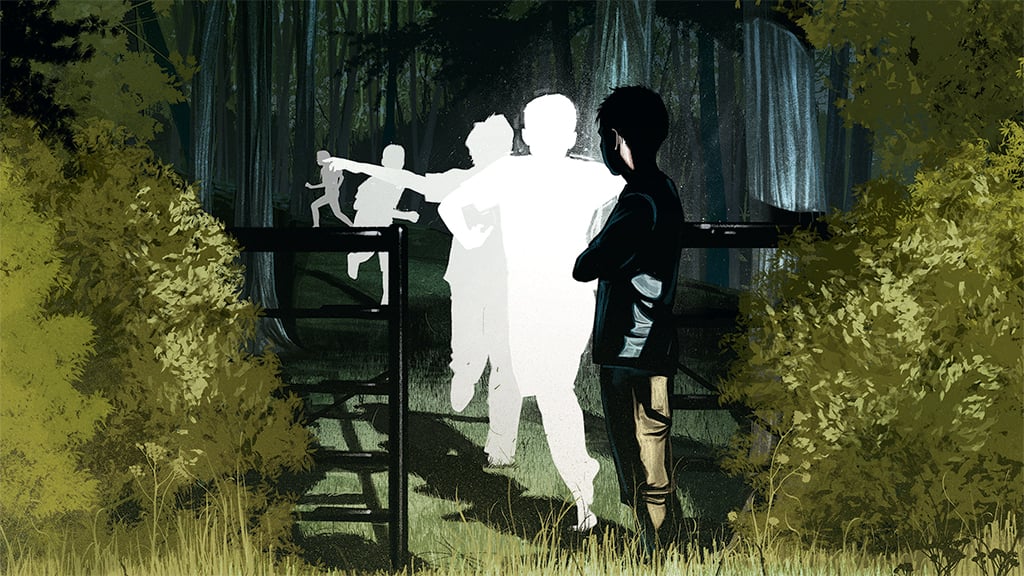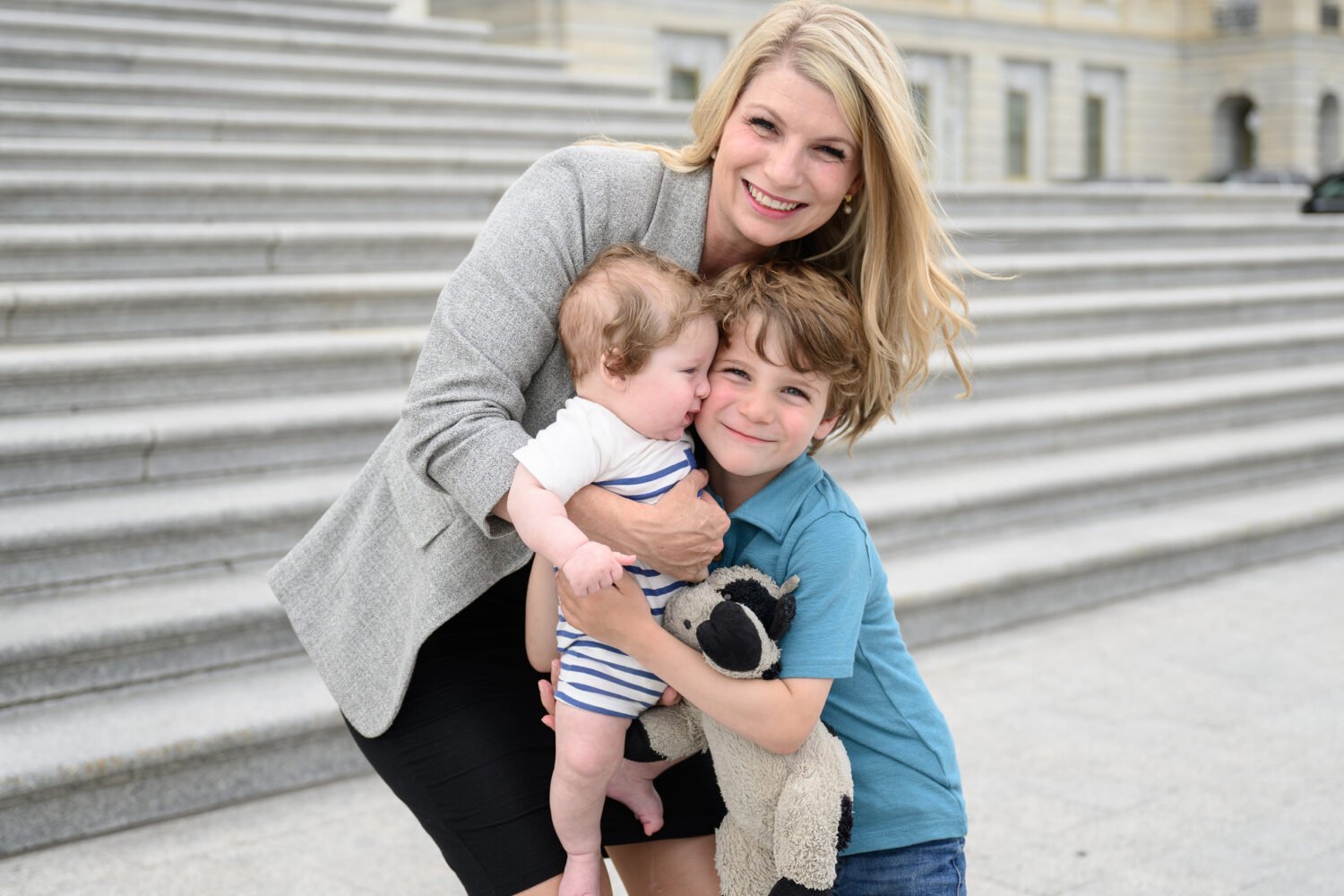Before she met her husband, Alison Buckholtz’s life was similar to that of many other Washingtonians. She had a graduate degree, subscribed to the Washington Post, and commuted to work on the Red Line. There were weekend brunches, readings at Politics and Prose, conversations about the Hill.
Then she fell in love with a Navy pilot.
We meet her preppy, crewcut boyfriend, Scott, as he’s breaking up with Buckholtz for the third time in less than a month. She’s not suited to be a military wife, he says in justification. He doesn’t leave her, but he was probably right to try. After all, Buckholtz’s personal revelations make it clear she was never meant to be a member of the military wives’ club. She admits that she loved her DC apartment, having her parents and siblings nearby, and working at a national nonprofit. She was an independent woman who got things done on her own without asking for help, and she was proud of it.
Most of all, she never planned for a life characterized by frequent relocations and “mandatory fun” with people she hardly knew. Even after she marries Scott and becomes part of the military community, she tries to replicate the social circle she came from in the wives she meets, looking for “intellectual wannabes who gathered at museum lectures after work.”
Much of the beginning of the book is a list of the stresses and difficulties of raising two children in a new neighborhood—most of the book takes place on a base in Washington state—while facing long separations from her husband. Sleep-deprived and soaked with worry, Buckholtz struggles with son Ethan, who drops his potty training and can’t sleep through the night, and daughter Esther, who acts like the toddler she is. These are legitimate complaints for someone who is essentially a single mother, but the prose in this part of the book can be repetitive and exhausting.
Once she gets past the whining, however, Buckholtz has some useful insights. Living on a naval base can be a “crash course in civility,” she says. As much as she seems to abhor military-etiquette books (she dirisively quotes from them often), her stories of trial and error can be read as a guide to being a wife in today’s military. And not a bad one, either.
Buckholtz learns to rise above gossip about whose husbands are being redeployed and which wives are faring especially poorly at home, works hard to instill her Jewish heritage in her kids while living in a largely Christian community, keeps her political opinions in check, and develops meaningful relationships with people who are unlike her. One memorable chapter describes Buckholtz’s struggle to overcome the habit of asking, “What do you do?” when introduced to someone—a very Washington habit. After all, many wives she meets aren’t like her East Coast friends; they hail from the Midwest and South, don’t have college degrees (Buckholtz has a master’s), and have husbands who joined the Navy because no other job would ensure that they could support a family.
Once Buckholtz throws out her preconceptions, she becomes an honest guide with touching tales about families in wartime.
“I’d grown to think of [the other military wives] as my little sisters,” she writes, “and I worried about them just as I fretted over my own siblings. I knew whose cysts required biopsies, whose husbands weren’t emailing often enough, whose diabetic cat had only days to live. The wives worried about each other too, calling me if a fellow spouse seemed depressed or worn out. Though they never looked to me to solve their problems for them, they often included me in the discussion, which I appreciated. From a scattering of stars, we’d gradually knit ourselves into a constellation, transmitting a pattern of light and meaning through our closeness and cooperation.”
In the end, she discovers that, despite their mostly “chirpy” attitudes, military wives don’t run “Leave It to Beaver households.” Even more important, sometimes it’s okay to ask for help when you need it.

Author:
Alison Buckholtz
Publisher:
Tarcher
Price:
$$24.95
Rating:
2.5 Stars
















